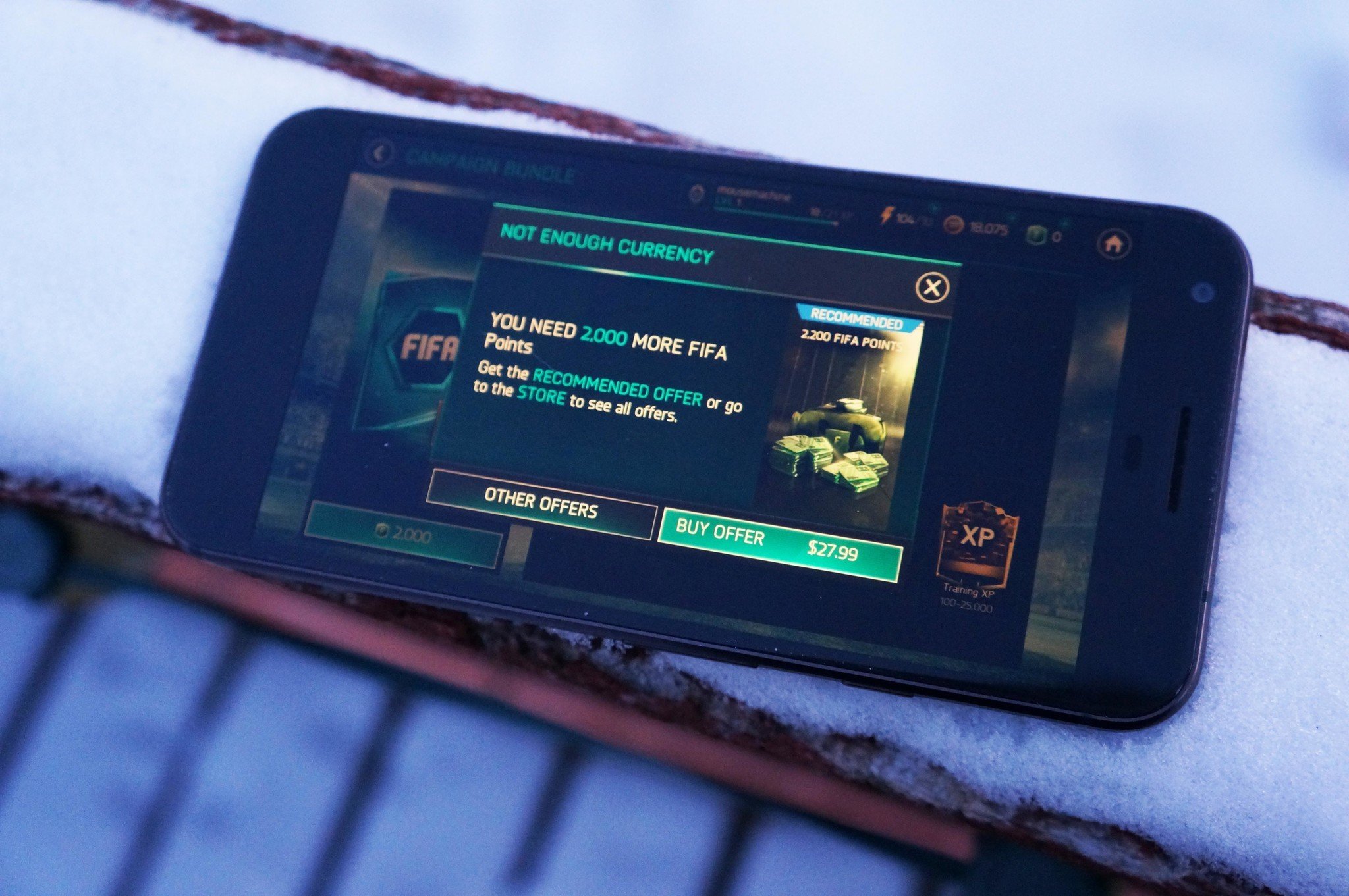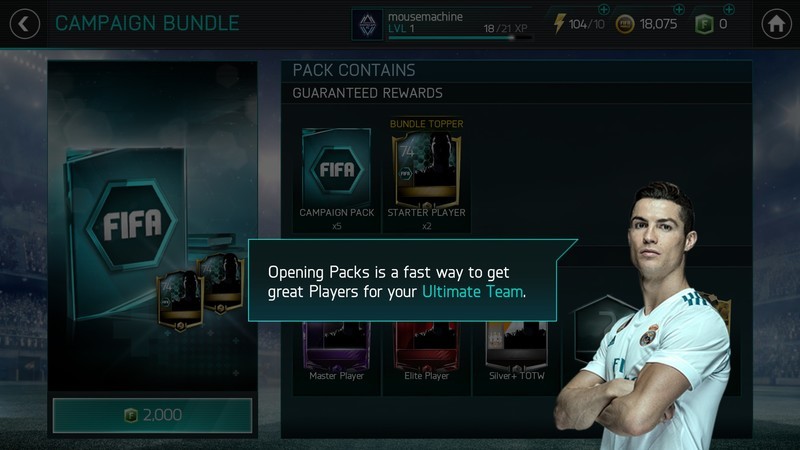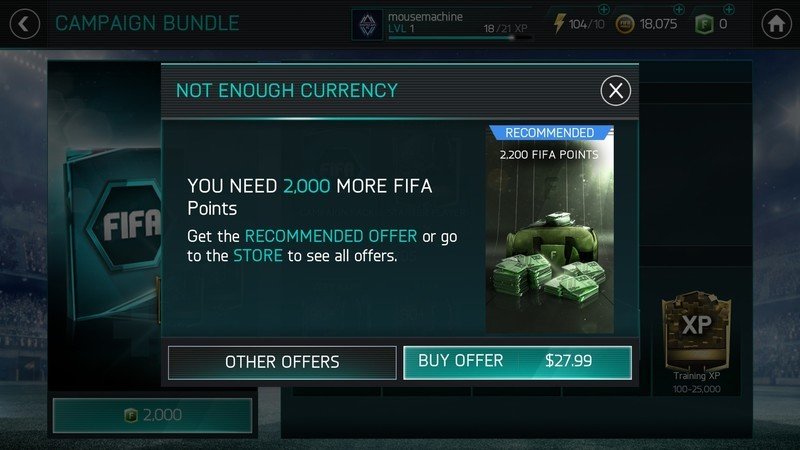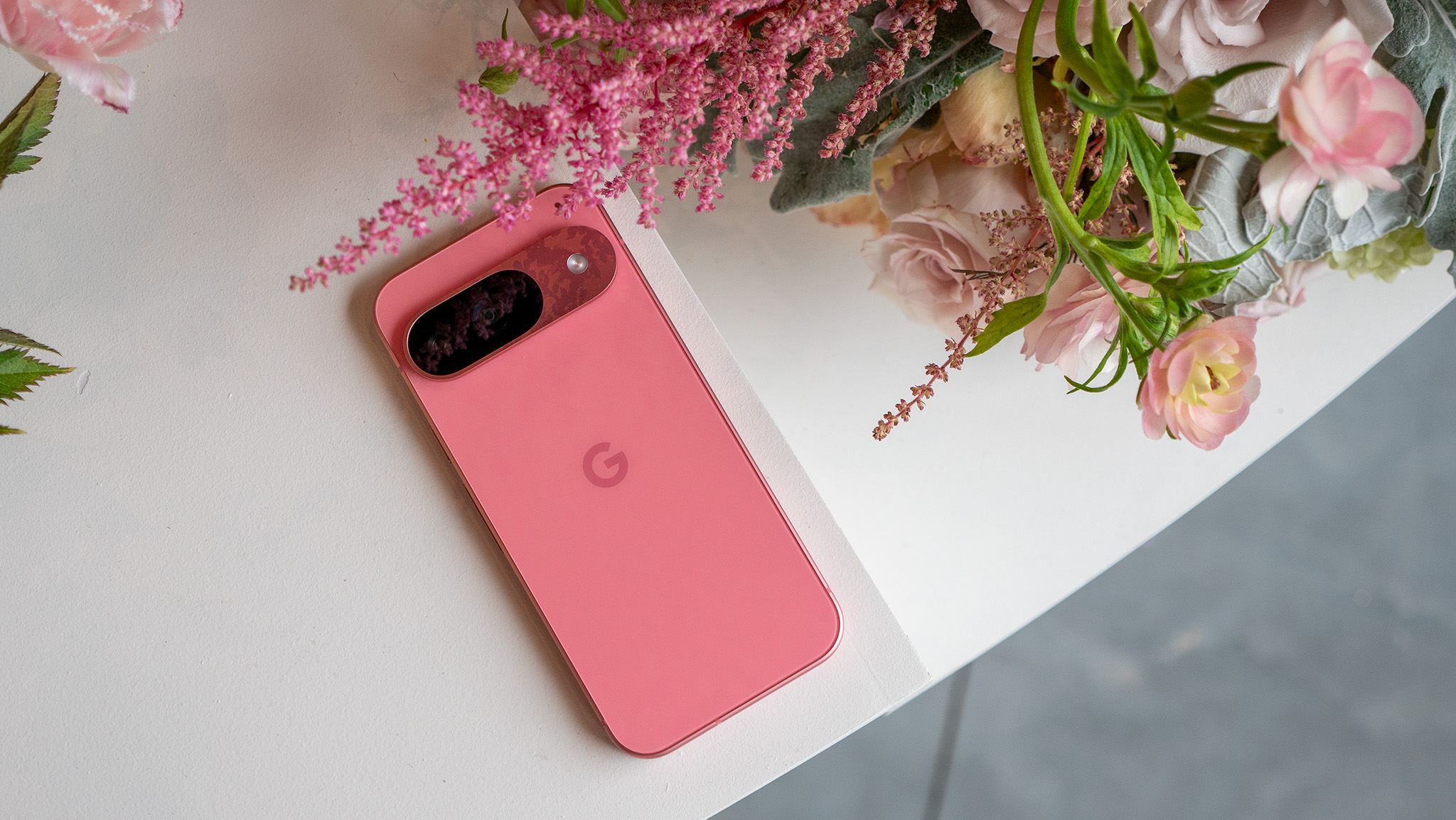Loot boxes and in-app purchases: A necessary evil or the scourge of the gaming world?

You may have read about the controversy surrounding loot boxes and micro-transactions in full-priced video games. The topic has been a point of frustration for many of us, but it's been getting a lot of attention over the past few weeks, largely due to EA's recent attempts at implementing those mechanics in "Star Wars Battlefront 2." If you need a refresher, our friends over at Windows Central have covered it pretty well.
Not to be confused with the subscription service of a similar name, loot boxes or crates in gaming are used to give the player helpful items, upgrades, or in-game currency. They're opened one at a time, and typically come with a cooldown period between each opening. Usually depicted as a treasure chest or a card pack, they basically function as a means of controlling the player's progress in the game and are almost always associated with some sort of in-game currency or in-app purchase, which can be bought to speed up the process.
While the addition of loot crates and micro-transactions is relatively new to major console releases, mobile gamers are more than a little familiar with the concept. In-app purchases and loot crate systems are key tenets in the free-to-play games on mobile where you are enticed to pay for in-game currency, new player cards, or simply a smoother, ad-free experience. It's less than ideal, but it's a necessary evil that we just sort of accept when you want to play a game on your phone without paying up front.
The free-to-play model works because game developers know that not all players will convert real money into in-game currency, but enough players will to make the system incredibly profitable. It's an open secret that the free-to-play micro-transaction model has been built around the idea of "white whale" gamers — game developers can typically count on a small number of players dropping insane amounts of cash via in-app purchases. Presumably, this group consists of YouTubers who upload epic videos of them unlocking loot boxes, the obscenely rich who have hundreds of dollars to spend on games, and the occasional kid who drains their unsuspecting parent's credit card limits.
Games designed to generate profits
Since it was EA who stirred up this controversy surrounding loot boxes, it only makes sense to use another of their bigger franchises, FIFA, to illustrate the drastic shift towards a profit-driven model. Back in 2013, I gladly paid my $5 for FIFA '13 on iOS, and I played the shit out of that game because it let you actually play the game however and for as long as you want. I started up Manager Mode and played through multiple seasons with my team, trading players and tweaking my line up as I saw fit, and guiding my team to several championships. It felt very much like the console version scaled down for mobile, which was exactly what I wanted.
With the next year's release, EA made the game free — presumably a good thing, right? — as they steadily shifted the game's focus towards the new Ultimate Team mode, which relies on gamers opening card packs to not only unlock new players for your squad, but also player upgrades, uniforms, and your team's logo. Each player had a set number of matches they could play before they needed to be "boosted" with another card to keep them in your line up. The other modes were available after an in-app purchase, but the writing seemed to be on the wall — the traditional gaming I loved was on the way out and building your Ultimate Team through card packs would slowly become the new norm.
Today, Ultimate Team is a ubiquitous mode that's found in nearly every EA Sports title, including the latest version of FIFA Soccer, which has you unlocking players for your Ultimate Team during the opening tutorial. You can't even play a full online match anymore, given instead something called "VS Attack" mode, which limits you to playing offense-only two-minute spurts. The game is entirely "free to play" and the on-field gameplay itself is still top-notch, but you're going to be spending more time managing your cards than anything else, and Manager Mode is nowhere to be found — even as an in-app purchase main menu.
Get the latest news from Android Central, your trusted companion in the world of Android
I used to be able to use my team's funds to buy player contracts from the free agent pool in Manager Mode. You know, sort of like a video game simulation of how player transfers work in the real world. Now, you're stuck opening free player packs every day waiting hoping to land that star player to boost your squad — or give into temptation and spend money on FIFA Points which can, in turn, be spent on more "premium card packs" to help upgrade my team faster. Once you've run into a few super-charged teams in online play, you start to seriously consider buying into the system because you presumably play these games to win and losing is no fun — but there's no guarantee that you'll get exactly what you need each time you open a player pack.
Are loot boxes a form of gambling?
Critics compare loot boxes to gambling — because that's essentially what it is. Some games are intentionally designed to keep you coming back mostly to open and earn more free crates, which only offer the slimmest chance of containing something rare or valuable, while constantly peppering you with ads for "great deals" on gems or diamonds to spend on more valuable crates or packs with higher odds of containing the cards you want. Each crate opening is a big event, of course, with explosions and glitter animations to give you that happy feeling like you've accomplished or won something.
Unlike other forms of gambling, you aren't actually winning anything in a game with loot boxes, even though you can still drop tons of cash on it.
The thing is, unlike other forms of gambling, you aren't actually winning anything in a game with loot boxes, even though you can still drop tons of cash on it. That's okay if you're only unlocking superficial upgrades for your character, like a new hat or outfit, but when the loot boxes contain significant player upgrades or other advantages that have a massive effect on the gameplay itself, it becomes more than a little problematic. When you spend money on loot boxes, you're really only paying for a better chance at winning something valuable, and that perceived value, again, only exists within the confines of that app. Worst of all, these games are often targeted at young, impressionable minds who are just looking to play free, fun games on their phone or tablet.
I hate to be so cliché, but back in my day, it used to be that when you bought a game, you got the whole game. These days I'm more inclined to pay up front for a game rather than play a game that's free but relies on in-app purchases to turn a profit. It's also why we clearly state it when the games we write about include in-app purchases, because it's often an indication as to whether a game has been designed to be fun to play or designed to generate profits for shareholders.
What happens next?
I just want to be clear here that I'm not trying to disparage game developers from implementing in-app purchases, nor the players who buy them. I understand that developing games isn't cheap and that the "freemium" model has proven itself to be a much more reliable stream of cash in a climate where consumers may be wary of shelling out money for a mobile game in advance — a reason why in-app purchases for unlocking the additional game content or to remove ads has always felt like a fair compromise.
Up to this point, regulation of in-app purchases in mobile games has been left to Google or Apple to monitor within their respective app stores, as no existing laws specifically address the in-app sale of loot boxes — but that might change.
That's the ruse — gaming companies can use tie-ins with popular brands we all know and love to draw us in, only to then peddle the same in-game currency systems and methods designed to get us hooked.
Hawaii State Legislator Chris Lee recently called a press conference to discuss the issue of loot boxes in gaming. He's now gone a step further and proposed legislation to prohibit the sale of games with "gambling mechanisms" to anyone under the age of 21. We've also seen a legislator from Belgium mention a potential ban on loot boxes in Europe. Perhaps we'll see more legislators will jump in on the debate, as it feels extremely deceiving to sell a game for $60 and then expect players to shell out more cash for in-game upgrades and expansions.
Meanwhile, you can track how EA's mobile gaming division has managed to generate massive profits with the free-to-play monetization scheme, ever since first striking gold with The Simpsons: Tapped Out. That's essentially the ruse — gaming companies can use tie-ins with popular brands we all know and love like "The Simpsons," "Star Wars," or a popular sports brand to draw us in, only to peddle the same in-game currency systems and methods for getting us hooked. And it feels more and more exploitative the more times you come across it.
What can you do?
Well, for starters, it's more important than ever to support indie developers who are actually putting out games that buck this trend by creating unique gaming experiences that focus on storytelling and gameplay as opposed to adding a veneer to cover the same free-to-play/pay-to-win trappings. Off the top of my head, games like Penarium, Kingdom: New Lands, and Death Road to Canada are all examples of great games I've played in 2017 that are well worth the price of admission, and yet won't ever reach the same heights as free-to-play games that aren't nearly as fun to actually play.
I always try to highlight some great new indie games on my weekly gaming round up and will continue to do so, and just remember that the Google Play Store has a pretty decent refund system where you can get a full refund up to 2 hours after buying a game. There are so many smaller studios producing great games on the Google Play Store that flounder because they can't reach the mass audiences the same way that big-developer games can.
So the next time you're browsing through the Google Play Store, take a risk on that paid game that looks really interesting — you'll be supporting more quality games for the future, and just might find your next gaming obsession that won't bleed you dry.
Where do you stand on the issue?
We want to know what you think of the current state of gaming. Do you think loot boxes and microtransactions have become a problem worth addressing, or is it just how the free market works? Let us know in the comments!

Marc Lagace was an Apps and Games Editor at Android Central between 2016 and 2020. You can reach out to him on Twitter [@spacelagace.


